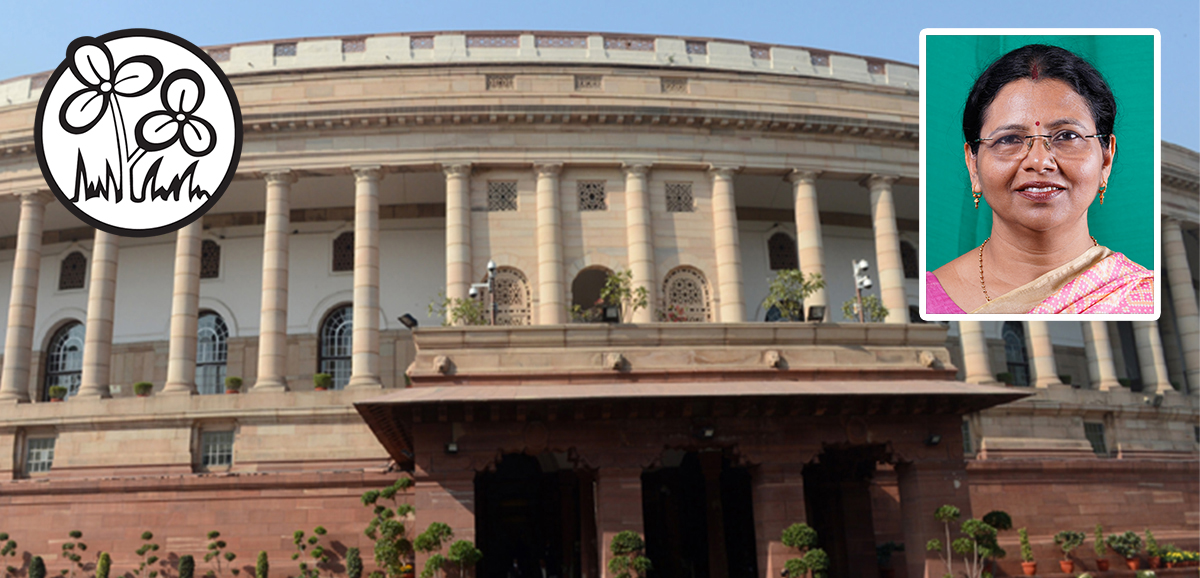September 21, 2020
Pratima Mondal speaks on The Insolvency and Bankruptcy Code (Second Amendment) Bill, 2020

FULL TRANSCRIPT
Thank you, Madam Chairperson for allowing me to speak on The Insolvency and Bankruptcy Code (Second Amendment) 2020.
The spread of the coronavirus pandemic across the globe, followed by the subsequent lockdown, has adversely affected business operations across the world. This has further increased the pressure on the distressed Indian markets, MSMEs and other small scale business operations.
In order to provide relief to these sectors, amendments to certain laws were obviously the need of the hour but not the one like IBC Second Amendment, 2020. This is so because it is a classic example of good intentions but bad drafting. It has been done in a hurried manner and will not reap any benefits now. The main bone of contention in the Ordinance, and now in the Bill, is the conflict between the main provisions of the Bill. I say so because section 10(A) states that no application for initiation of corporate insolvency resolution process under sections 9 and 10 of the IBC shall be filed for any default, not just COVID-19-related but any default, that may have occurred on or after March 5, 2020 for a period of six months. This period can be further extended by notification upto a maximum of one year.
Again, a provision in section 10 states that no application under sections 7, 9 and 10 shall ever be filed for the initiation of corporate insolvency resolution process (CIRP) for any default that may have occurred during the period from March 25, 2020 to September 24, 2020.
If the intention of the Bill is to suspend insolvency proceedings temporarily then there is no requirement for providing perpetual suspension in the provision. But the language of the provision seems to put a perpetual suspension for defaults committed during the exempted period. This conflict between the main section and the provision must be corrected immediately to avoid further confusion.
The Supreme Court, in the landmark case, JK Industries Ltd and others versus Chief Inspector of Factories and Boilers and others in 1996, held that though in some cases a provision for an extension to the main provision may be applied, it cannot be inconsistent with the main provision, and in case it is so, the provision for extension becomes ultra vires with respect to the main provision and can be struck down. As a general rule, in case the ability for enacting both needs to be part of the provisions, it is proper to construe both the provisions together without making either of them redundant.
I would humbly request the Honourable Minister to provide clarification on this matter because she had said at one point that default due to COVID-19 will be kept outside the purview of the court; however, the Bill nowhere mentions this aspect clearly, and the suspension of not considering default due to COVID-19 is absolutely unjustified.
Secondly, Madam, the amendment to section 66 of the IBC 2016 offers an easy way out for promoters, directors and partners of defaulting corporations or companies by putting the creditors’ money at risk because now they can escape their liability and willfully default the payment of dues without being held accountable for the default, resulting in the accumulation of debts and increase in financial burden.
Thirdly, Madam, the suspension of section 10 of IBC 2016, that is, voluntary insolvency application by corporates, takes away the autonomy of companies under financial distress to restructure their debts. It would increase the liability of the companies, further diminishing the value of their assets.
